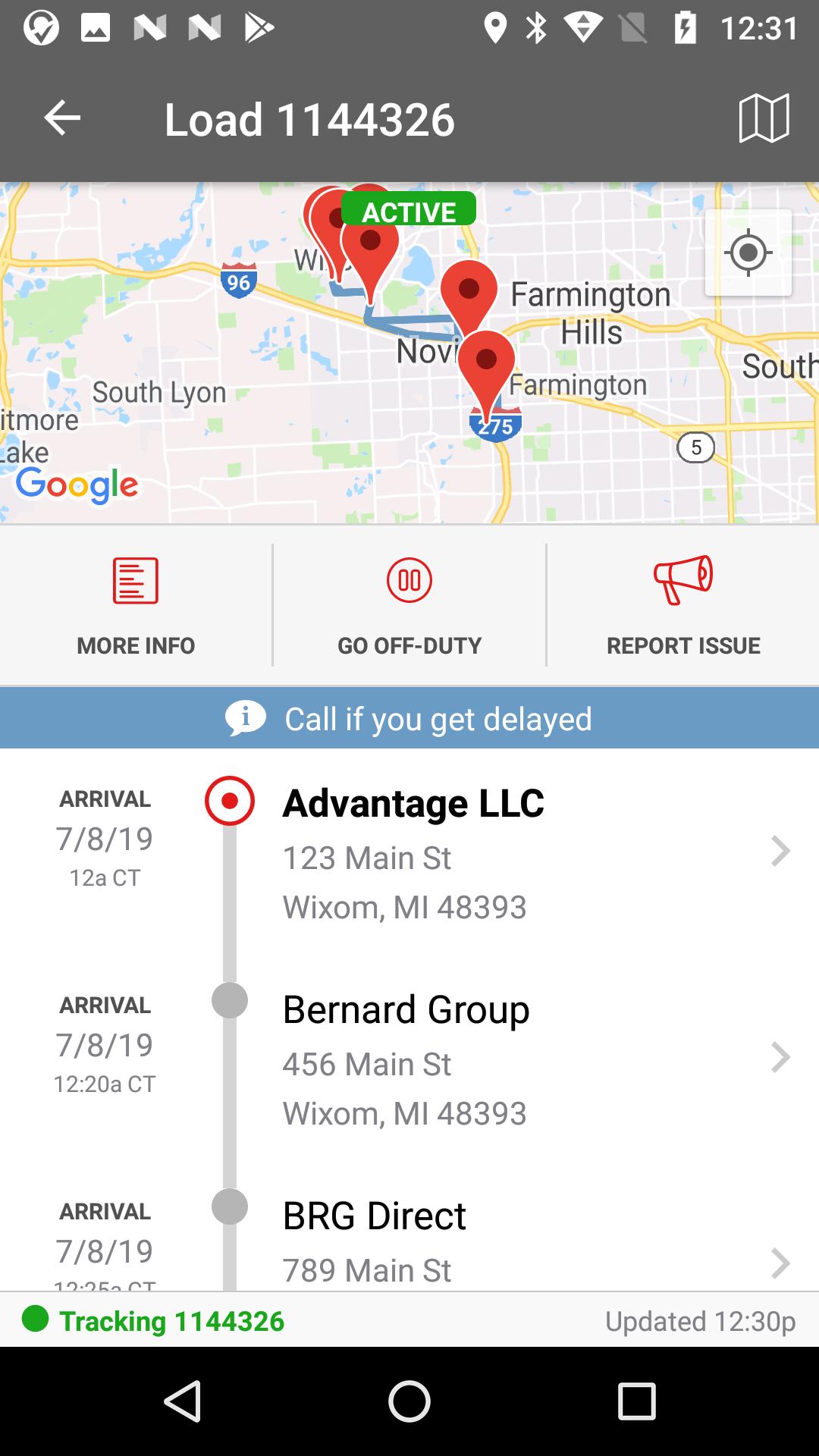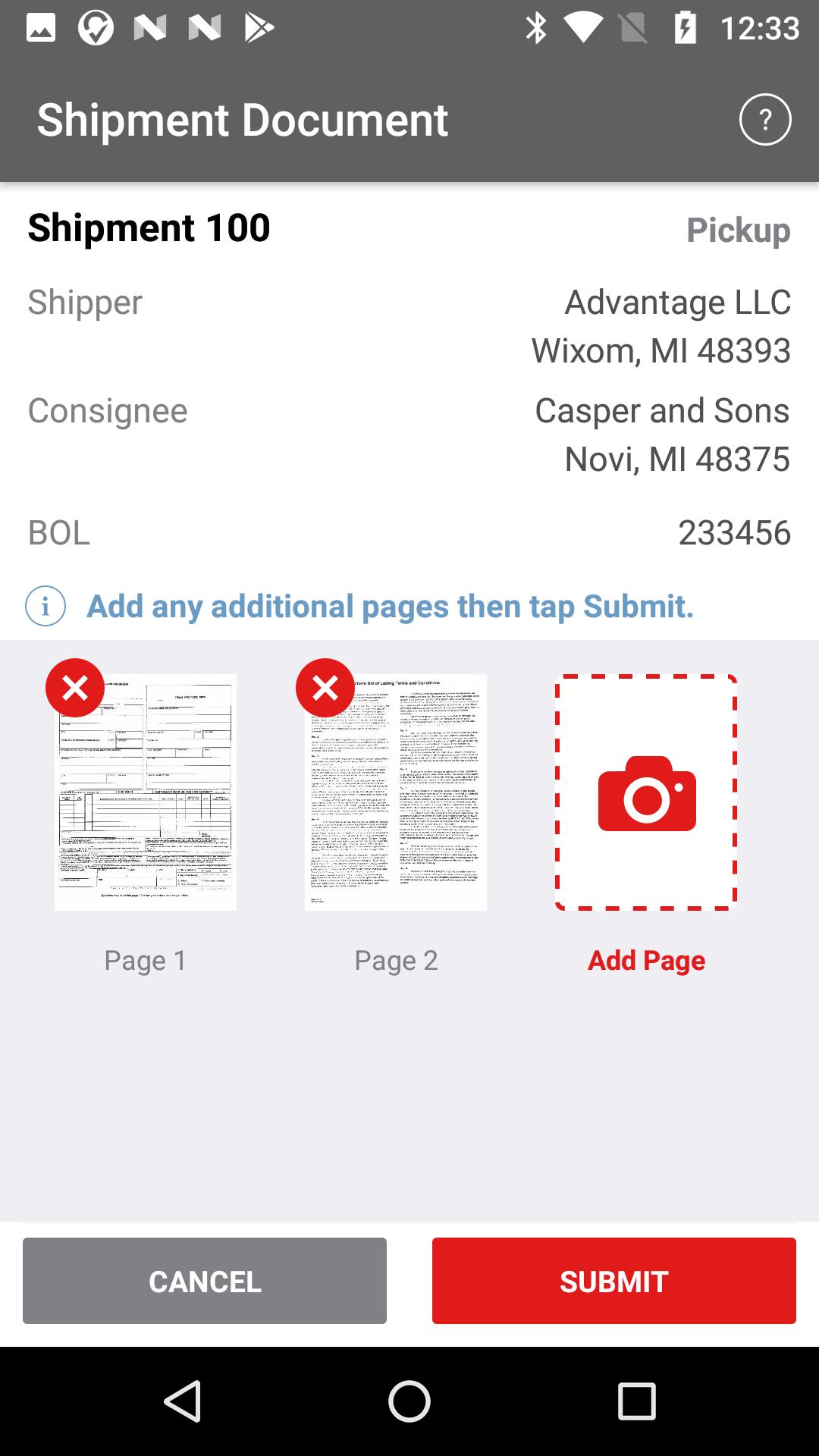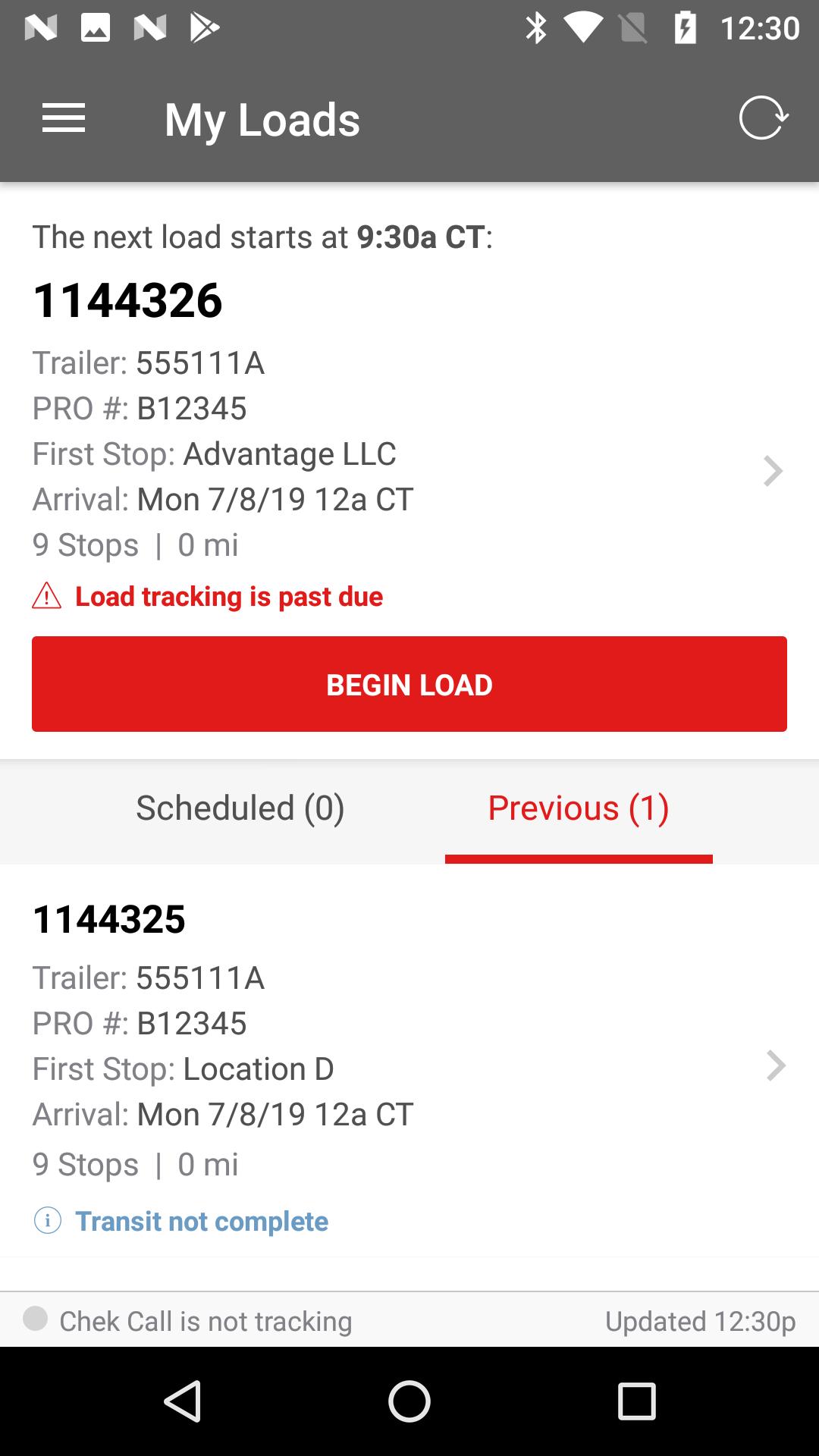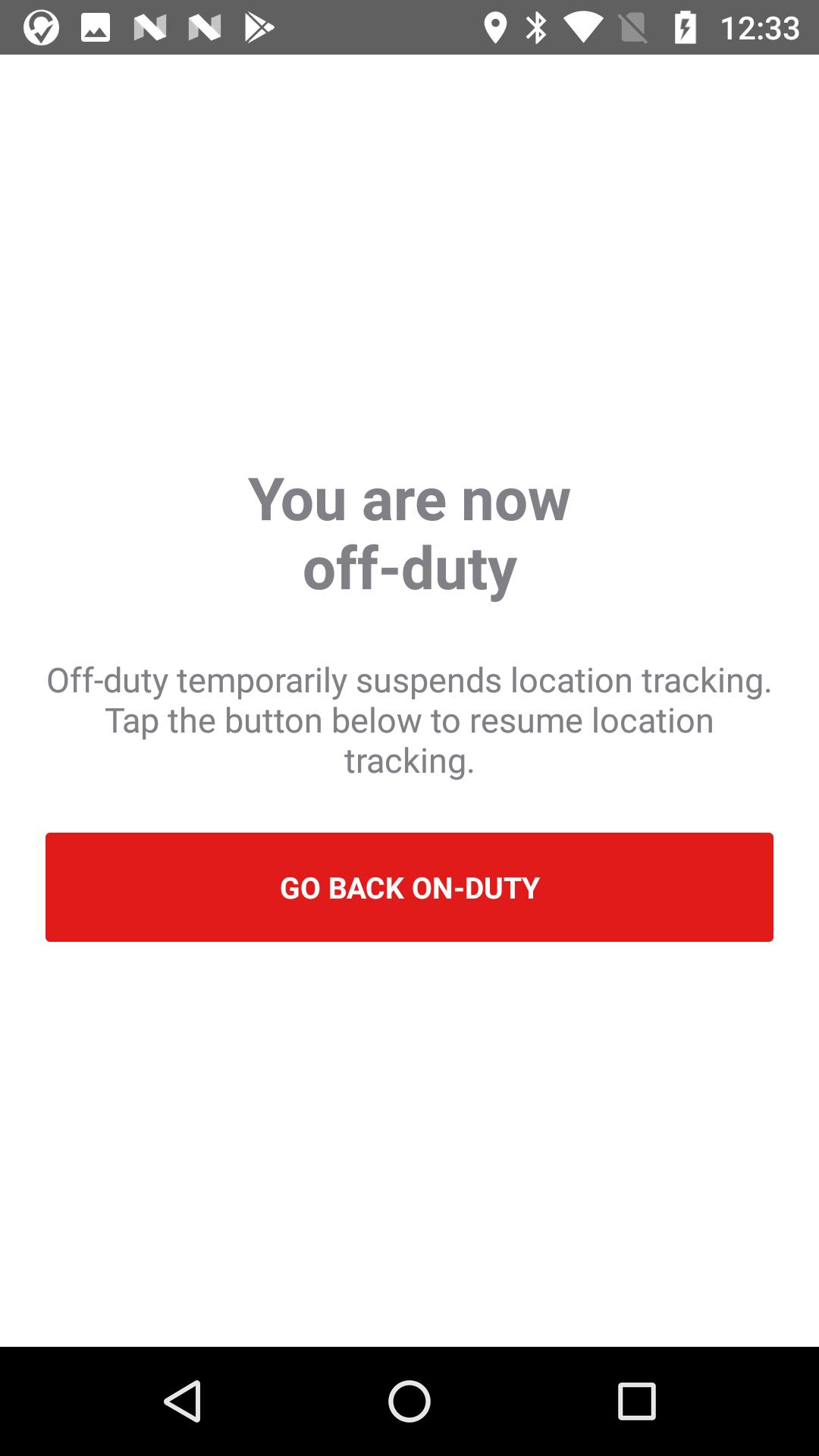Chek Call allows drivers to provide real-time visibility to their assigned loads
Chek Call is a free, user-friendly app that allows drivers to provide real-time visibility and status updates for their assigned loads. Chek Call eliminates cumbersome and time consuming voice communication with your dispatch office and speeds the flow of information to your customer.
What's New in the Latest Version 1.7.5
Last updated on Jun 28, 2024
Thanks for using Chek Call! Each new version includes bug fixes and stability improvements to deliver you the best Chek Call experience.
Here’s what’s new:
- Minor bug fixes and stability improvements.
The dealing phase sees each player receiving an equal hand of cards, the specific number depending on the chosen variant. Commonly used decks include a standard 52-card deck or specialized decks with varying card counts. The composition of the deck significantly influences gameplay, altering the probabilities and potential trick combinations.
Following the deal, the bidding phase commences. Players, in turn, declare their predicted trick count, aiming to accurately gauge their hand's strength and anticipate their opponents' potential plays. Bids range from zero to the total number of cards dealt, reflecting the player's confidence in their hand. A crucial element of the bidding phase is the prohibition of repeating bids. Once a bid has been declared, no other player can make the same prediction. This restriction forces players to carefully consider their options, weighing the risks and rewards of each potential bid.
The trick-playing phase forms the heart of Check Call. Players take turns leading cards, following suit if possible. The highest card of the led suit wins the trick, unless a trump suit is designated, in which case the highest trump card, or the highest card of the led suit if no trumps are played, takes the trick. Strategic card play is paramount during this phase. Players must carefully manage their hand, conserving valuable cards while simultaneously attempting to capture desired tricks. Deception and misdirection play significant roles, as players attempt to mislead their opponents regarding the strength and composition of their remaining cards.
Scoring in Check Call hinges on the accuracy of the bids. Players who precisely predict their trick count receive points, often a base value plus a bonus for each trick won. Conversely, incorrect predictions result in penalties, typically a deduction for each trick won or lost in deviation from the bid. This scoring system encourages careful bidding and precise play, rewarding accuracy and punishing miscalculations.
The strategic depth of Check Call arises from the interplay of several factors. Card counting and probability assessment are essential skills, allowing players to estimate the likelihood of holding specific cards or combinations. Observational skills are equally crucial, enabling players to deduce information about their opponents' hands based on their bids and card play. Bluffing and calculated risk-taking add further layers of complexity, allowing players to manipulate the game's flow and potentially deceive their opponents.
The social dynamics of Check Call also contribute to its appeal. The game fosters interaction and friendly competition, providing opportunities for banter and strategic discussion. The element of bluffing and deception adds a psychological dimension, as players attempt to outwit and outmaneuver their opponents.
Variations of Check Call exist, introducing additional rules and nuances to the gameplay. Some variants incorporate partnerships, requiring players to coordinate their bids and card play with their teammates. Others introduce special cards or modified scoring systems, further enhancing the strategic possibilities.
Mastering Check Call requires a combination of skill, experience, and a keen understanding of the game's underlying principles. Through careful observation, strategic card play, and astute bidding, players can navigate the complexities of Check Call and emerge victorious. The game's enduring popularity is a testament to its engaging gameplay and the intellectual challenge it presents. Whether played casually among friends or competitively in tournaments, Check Call offers a rewarding and stimulating experience for players of all skill levels.
Chek Call allows drivers to provide real-time visibility to their assigned loads
Chek Call is a free, user-friendly app that allows drivers to provide real-time visibility and status updates for their assigned loads. Chek Call eliminates cumbersome and time consuming voice communication with your dispatch office and speeds the flow of information to your customer.
What's New in the Latest Version 1.7.5
Last updated on Jun 28, 2024
Thanks for using Chek Call! Each new version includes bug fixes and stability improvements to deliver you the best Chek Call experience.
Here’s what’s new:
- Minor bug fixes and stability improvements.
The dealing phase sees each player receiving an equal hand of cards, the specific number depending on the chosen variant. Commonly used decks include a standard 52-card deck or specialized decks with varying card counts. The composition of the deck significantly influences gameplay, altering the probabilities and potential trick combinations.
Following the deal, the bidding phase commences. Players, in turn, declare their predicted trick count, aiming to accurately gauge their hand's strength and anticipate their opponents' potential plays. Bids range from zero to the total number of cards dealt, reflecting the player's confidence in their hand. A crucial element of the bidding phase is the prohibition of repeating bids. Once a bid has been declared, no other player can make the same prediction. This restriction forces players to carefully consider their options, weighing the risks and rewards of each potential bid.
The trick-playing phase forms the heart of Check Call. Players take turns leading cards, following suit if possible. The highest card of the led suit wins the trick, unless a trump suit is designated, in which case the highest trump card, or the highest card of the led suit if no trumps are played, takes the trick. Strategic card play is paramount during this phase. Players must carefully manage their hand, conserving valuable cards while simultaneously attempting to capture desired tricks. Deception and misdirection play significant roles, as players attempt to mislead their opponents regarding the strength and composition of their remaining cards.
Scoring in Check Call hinges on the accuracy of the bids. Players who precisely predict their trick count receive points, often a base value plus a bonus for each trick won. Conversely, incorrect predictions result in penalties, typically a deduction for each trick won or lost in deviation from the bid. This scoring system encourages careful bidding and precise play, rewarding accuracy and punishing miscalculations.
The strategic depth of Check Call arises from the interplay of several factors. Card counting and probability assessment are essential skills, allowing players to estimate the likelihood of holding specific cards or combinations. Observational skills are equally crucial, enabling players to deduce information about their opponents' hands based on their bids and card play. Bluffing and calculated risk-taking add further layers of complexity, allowing players to manipulate the game's flow and potentially deceive their opponents.
The social dynamics of Check Call also contribute to its appeal. The game fosters interaction and friendly competition, providing opportunities for banter and strategic discussion. The element of bluffing and deception adds a psychological dimension, as players attempt to outwit and outmaneuver their opponents.
Variations of Check Call exist, introducing additional rules and nuances to the gameplay. Some variants incorporate partnerships, requiring players to coordinate their bids and card play with their teammates. Others introduce special cards or modified scoring systems, further enhancing the strategic possibilities.
Mastering Check Call requires a combination of skill, experience, and a keen understanding of the game's underlying principles. Through careful observation, strategic card play, and astute bidding, players can navigate the complexities of Check Call and emerge victorious. The game's enduring popularity is a testament to its engaging gameplay and the intellectual challenge it presents. Whether played casually among friends or competitively in tournaments, Check Call offers a rewarding and stimulating experience for players of all skill levels.













